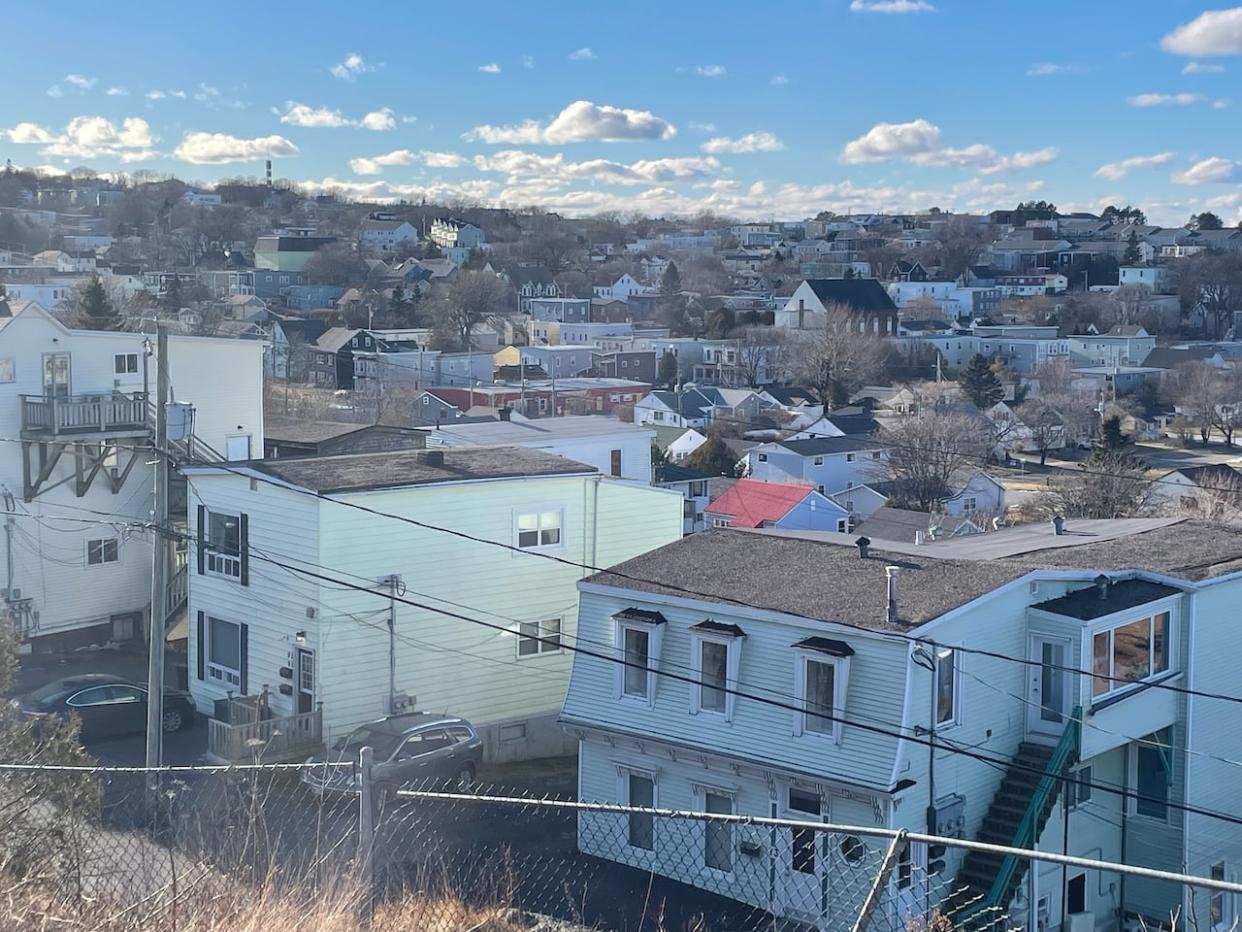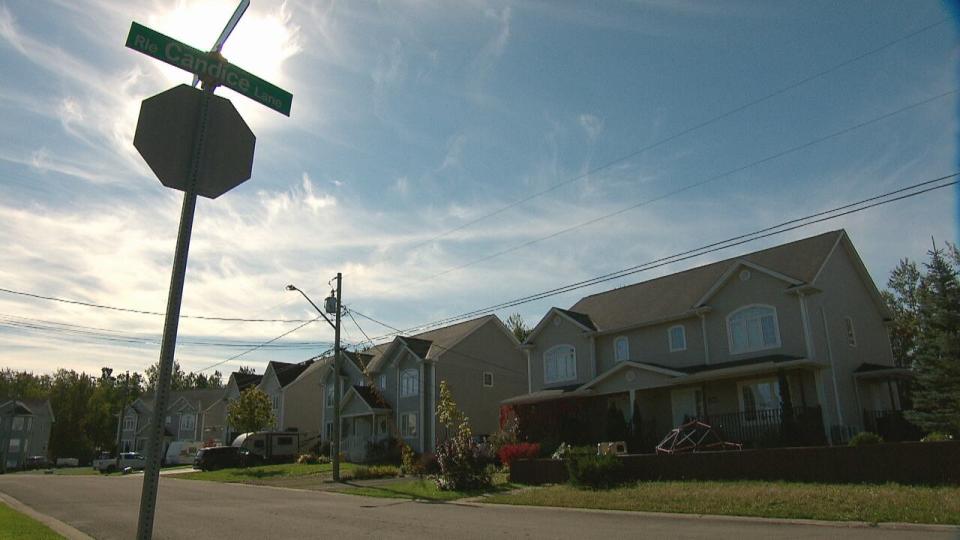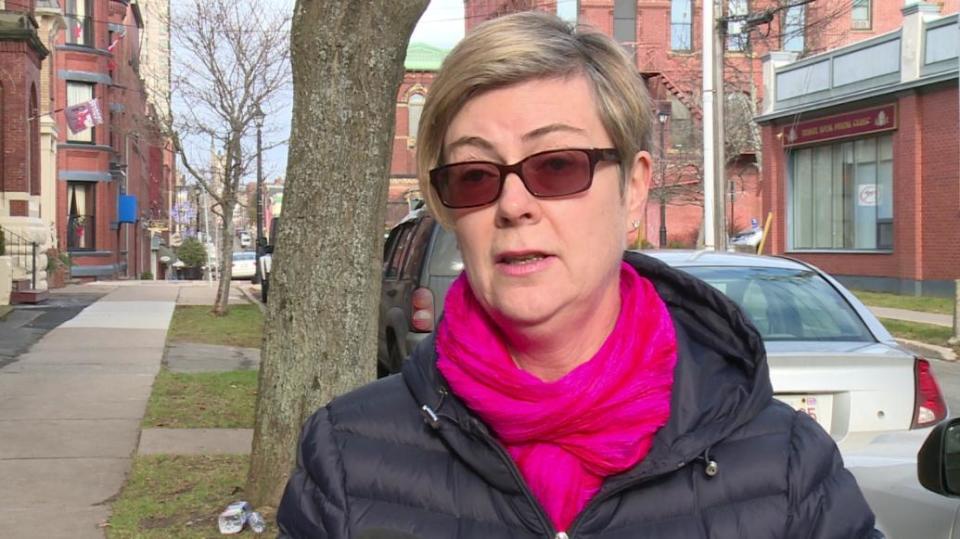New Brunswick homeowners facing another year of surging property assessments — and taxes

New Brunswick has mailed out more than 400,000 property assessments across the province, and for a number of homeowners it may be prudent to sit down before opening any notice that arrives.
On Moncton's Lonsdale Drive, data compiled by the property assessment website propertize.ca shows residents will be receiving assessment increases above 20 per cent for the third straight year. Added to earlier increases, assessments of houses on Lonsdale are up 90 per cent since 2021.
It's a surge being felt, to some degree, in all corners of the province.
On Pleasant Street in Sackville assessments are up 27.9 per cent this year, after surging 16.2 per cent last year.
In Saint John more than 400 homes and other properties on multiple streets in neighbourhoods on the lower west side will be receiving assessment increases of 46 per cent or more this year, including several with increases above 50 per cent.
"We continue to experience another year of significant property assessment growth across New Brunswick," said Service New Brunswick Minister Mary Wilson in a news release issued Monday.
"This provincewide increase is due largely to a strong real estate market and new construction."

Hundreds of houses in the Moncton neighbourhoods around Candice Lane and Lonsdale Street are receiving assessment increases above 20 per cent for the third year in a row. (Pierre Fournier/CBC)
Saint John mayor Donna Reardon said she is surprised at how high some of the assessments are jumping and expects to hear about it from constituents, especially with business properties escaping similar increases in the city.
Saint John had broad figures from the province in the fall showing large assessment increases on residential properties were coming, but without the house-by-house particulars that arrive with this week's notices.
"It will be more real for people,' said Reardon about the individual notices.
"They're not going to be happy."
Assessment notices are the first step in setting property tax bills, which are to be mailed in early March.
Most residents with a 20, 30 or 50 per cent assessment increase will not see a tax bill increase by that much, at least in the short term.
For taxes, the province requires large assessment increases to be phased in gradually, over multiple years, at 10 per cent per year for all homeowners and some apartment buildings, unless the house was recently purchased or renovated.

Service New Brunswick Minister Mary Wilson says high real estate prices and new developments around New Brunswick have been forcing the taxable value of all properties upward. (Jacques Poitras/CBC )
In Saint John the city also implemented a 2.5 per cent reduction in its tax rate, so most Saint John homeowners with large assessment increases are likely to see a maximum 7.3 per cent property tax increase this year, with additional increases imposed in subsequent years.
In some communities, especially in Moncton, Dieppe and other southeastern New Brunswick municipalities, residents were already facing multiple years of future phased-in tax increases, a backlog this year's assessments will only add to.
Reardon said a particular problem in Saint John is that the city's large industrial properties have seen little assessment growth and so will be paying less property tax this year as homeowners pay more.
According to provincial assessment figures, the city's largest industrial property, the Irving Oil refinery, has received an assessment increase of 1.66 per cent for 2024.
However, under provincial government property tax rules, Saint John's 2.5 per cent property tax rate cut has to be shared equally with all property owners. That will reduce municipal property taxes collected on the refinery in 2024 by about $25,000.

Saint John Mayor Donna Reardon said large tax increases on residential properties, that flow from higher assessments, are a hard sell to people when business properties in the city are paying less. (CBC)
Reardon said that makes it more difficult to sell rising property tax bills to residents, and it's also why Saint John wants more flexibility from the province to target property tax increases and decreases in the future.
"I think everybody is prepared to carry that burden if we are all treated fairly, and I don't see how you can leave heavy industry out of that picture," said Reardon.
Property owners who disagree with their assessments have until Feb. 14 to file an objection with Service New Brunswick and ask for a review.

